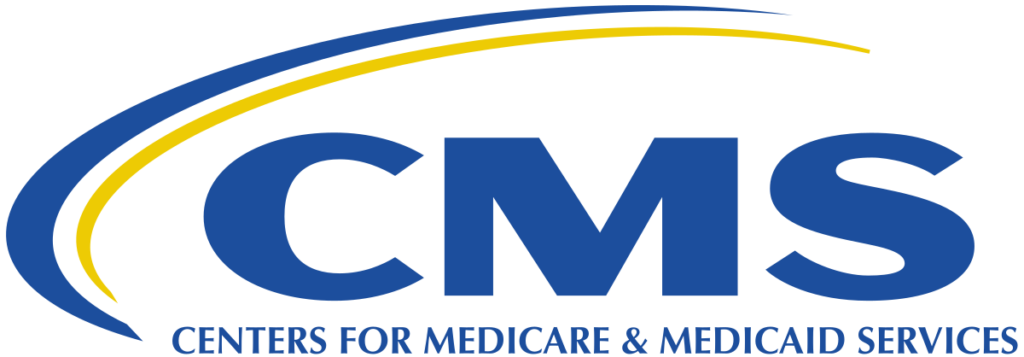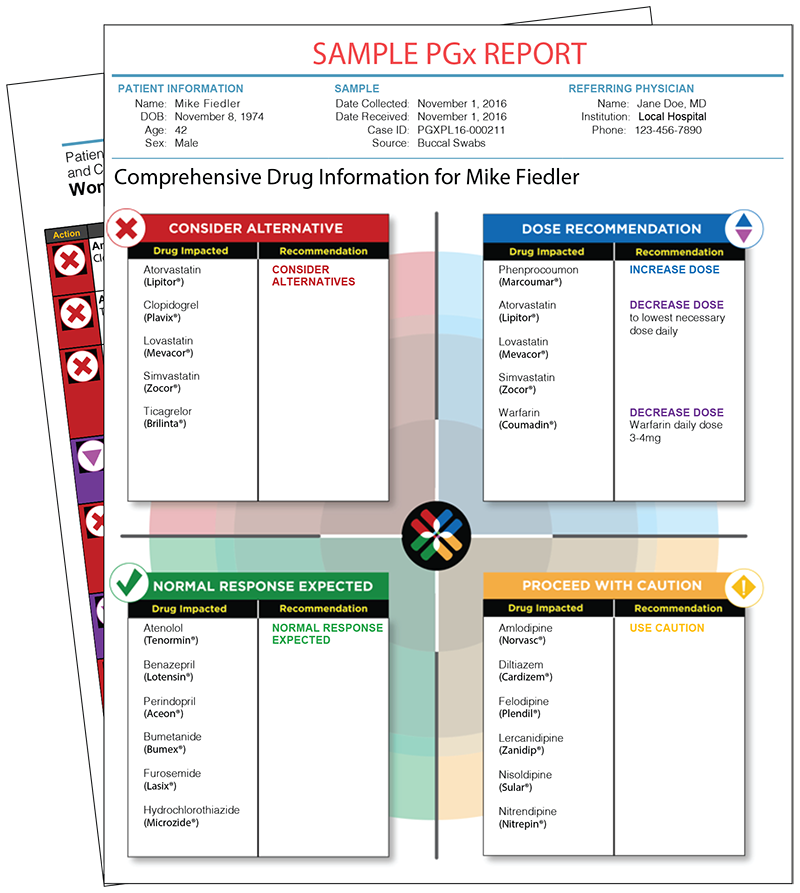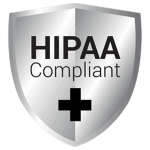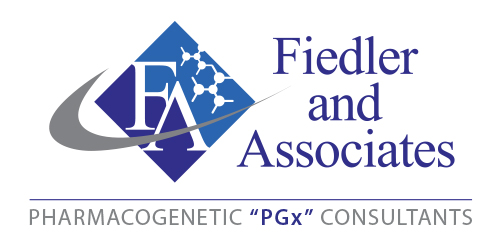- PGx Testing
- LTC – Facilities
- Medicare Advantage Plans
- Contact Us

STOP Adverse Drug Reactions From Taking Their Toll on Your Population…and Your PROFITS!



The Right Drug
The Right Dose
Right from the Start
Fast Facts
- Every year, nursing homes report over 350,000 adverse drug reactions (ADRs)4 .
- 22% of Medicare beneficiaries experience an ADR during their SNF stay, 59% of which are “likely preventable.”5
- 1 in 10 long-term care residents experience an ADR within 30 days of admission.6
How Much Are ADRs Costing YOUR Facility?
Adverse Drug Reactions (ADRs) are the most expensive and clinically significant drug-related issue in long-term care settings today5.
The average facility – with 105 beds – experiences 135+ ADRs annually5, costing tens of thousands of dollars.
ADRs demand more staff hours, hiking labor costs and, because most facilities bill on a fixed monthly rate, this added cost is squeezed out of the facility’s already-strained bottom line.
Save Money and Improve the Quality of Life for Your Residents
Medicare and Medicaid* now cover a non-invasive, genetic test that reduces the risk of ADRs.
With a simple cheek swab, doctors can learn in advance if a drug is more likely to help or harm a patient- before he/she even consumes a drug.
Without PGx testing, doctors must put their patients through risky drug trials, costing facilities significant amounts of money – while subjecting their patients to ineffective medications and unintended side effects before finally finding a drug that works best.
Remarkably, most physicians are not up to speed with this innovative technology and unwittingly dismiss the test as a time constraint, at the patient’s and facility’s expense – thus, many people needlessly suffer from preventable ADRs.

Benefits of PGx and Personalized Medicine
More Informed Prescribing Decisions
Saves
Staff Time
Saves
Facility Money
Reduces
ER Visits
Reduces Hospital Readmissions
Heightens CMS
Star Rating
Reduces
Pain & Suffering
Enhances Safety
Measures
Achieve Therapeutic
Benefits Sooner
Lifetime
Utility
Covered by Medicare & Medicaid*
Heightens CMS Star Rating
Reduces Pain & Suffering
Enhances Safety Measures
Achieve Therapeutic Benefits Sooner
Lifetime Utility
Covered by Medicare & Medicaid*
Leading Medical Institutions That Have Adopted PGx Testing
St. Jude Children’s Hospital tests all its patients stating,
“If you knew about this genetic information and didn’t act on it, you would not be practicing good medicine.”

Fiedler And Associates
- 360 Central Ave Suite 800 St. Petersburg, Fl 33701
- 727-655-0642
- 727-655-0642



